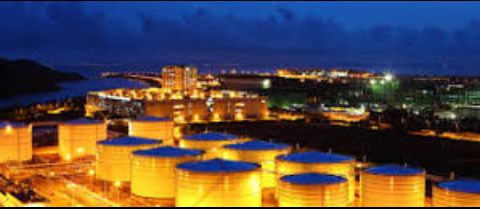Nigeria, a country located in West Africa, has a significant presence in the global oil and gas industry due to its abundant petroleum resources. The petroleum industry has played a significant role in the Nigerian economy, contributing to over 10% of the country’s gross domestic product and over 95% of its export earnings, Entrepreneurng.com.
To regulate and manage these resources effectively, Nigeria has developed a comprehensive petroleum policy.
Read Also: Top 10: Nigeria Inventors and Creators in 2023 History
The policy aims to promote the exploration and production of petroleum resources while ensuring the sustainable development of the industry.
The guidelines for the award of exploration and production licenses and the encouragement of local companies’ participation are also part of this policy. One of the key objectives of the Nigerian petroleum policy is to attract foreign investment into the sector.
Read Also: Best Coupon Sites to Save Money in 2023: Top Five
By doing so, the government hopes to increase the production capacity of the industry and provide more job opportunities for Nigerians. The policy also aims to ensure that the petroleum resources are exploited in an environmentally sustainable manner.
To implement the petroleum policy, the Nigerian government has established the Nigerian National Petroleum Corporation (NNPC) as the regulatory body responsible for managing the country’s petroleum resources and coordinating activities in the industry. The NNPC is responsible for ensuring that the industry operates efficiently and transparently.
Read Also: Top Business & Finance News Headlines For Today, Wednesda, 10th May, 2023
Furthermore, the Nigerian government has invested in the development of infrastructure such as roads, pipelines, and refineries, to support the industry’s growth.
The government has also implemented policies to promote local content in the industry, such as the Nigerian Oil and Gas Industry Content Development Act. The act encourages the use of Nigerian goods, services, and personnel in the petroleum industry to support local businesses and create job opportunities for Nigerians.
Read Also: How to Set Your Short-Term Savings Goals and Achieve Them: Five Easy Steps
In conclusion, the Nigerian petroleum policy has played a vital role in the development of the country’s petroleum industry. It provides guidelines for exploration and production while ensuring sustainable development and encourages local and foreign investment.
Read Also: US inflation beat forecasts in April but remained high at 4.9%
With the Nigerian government’s continued investment in infrastructure and policies to promote local content, the petroleum industry is poised to continue contributing significantly to the Nigerian economy.











